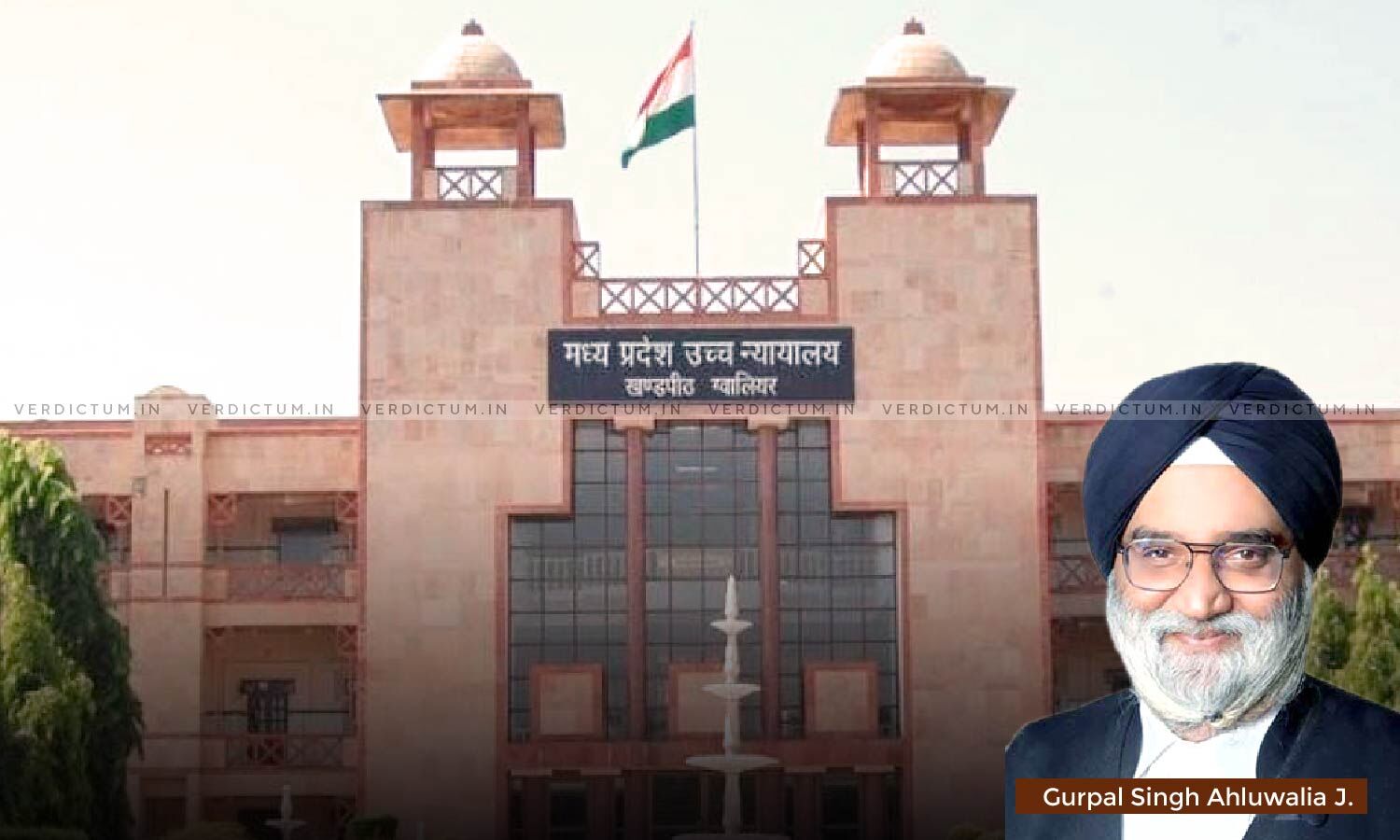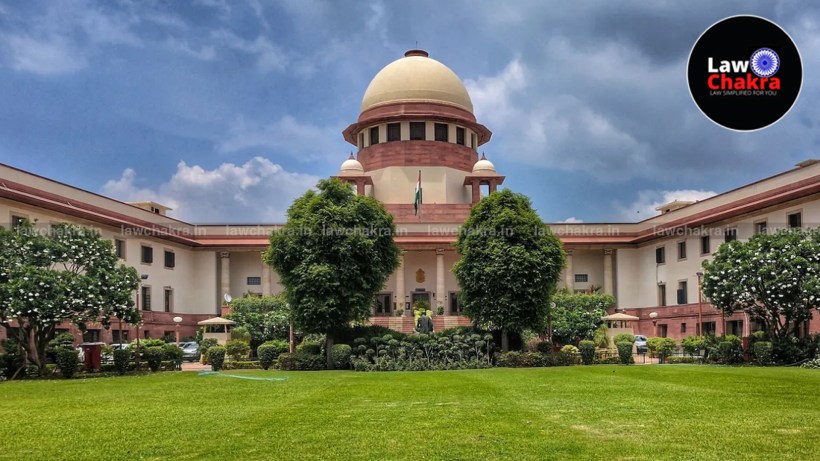When Committal Court Plays “Passive Role” By Merely Committing The Case, Power U/S. 193 CrPC Remains Available With Sessions Court: Madhya Pradesh High Court

The Madhya Pradesh High Court has held that when the Committal Court had not played an “active role” but only played a “passive role” by merely committing the case to the Court of Session, the power under Section 193 of CrPC remains available with the latter.
The Court was considering an Application against an order passed by the Additional Sessions Judge by which Application filed by the Applicant under Section 193 of the Cr.P.C. was rejected.
The single bench of Justice Gurpal Singh Ahluwalia observed, “……Magistrate has not considered the merits of the case and simply held that offence under Section 307 of IPC is triable by the Court of Session and whether respondent Nos. 2 and 3 were involved or not and whether they were falsely implicated or not can be looked into by Sessions Court only. Therefore, it is held that the Committal Court did not play an “active role” but it played a “passive role” merely by committing the case to the Court of Session. Under these circumstances, the power under Section 193 of CrPC was available with the Sessions Court.”
The Applicant was represented by Advocate Aditya Singh Ghuraiya while the Respondent was represented by Public Prosecutor Mohit Shivhare.
Facts of the Case
The Applicant’s contention was that an Application filed by the him under Section 190 of CrPC for taking cognizance against the Respondent Nos. 2 and 3 was rejected by the committal Court on the ground that it has no jurisdiction to try the offence under Section 307 of IPC.
On the other hand, the Respondents submitted that earlier, Applicant had filed an Application under Section 190 of CrPC which was rejected by the committal Court, and once the committal court had played an active role, then power under Section 193 of Cr.P.C comes to an end and the trial court could have exercised its power under Section 319 of the CrPC only.
Reasoning By Court
The Court noted that so far as jurisdiction of trial court to take cognizance under Section 193 of CrPC is concerned, it is suffice to mention here that committal Court never actively considered the question of taking cognizance under Section 190 of CrPC.
“The role played by committal Court in the present case was passive. When an application under Section 190 of CrPC was filed, it was dismissed by the committal Court by order dated 30.9.2023 by holding that committal Court has no jurisdiction to take cognizance and its duty is only to commit the case and whether any case is made out against respondent Nos 2 and 3 or not, and whether respondent Nos 2 and 3 were involved in commission of offence or not can only be decided by the Sessions court,” the Court observed.
It cited Supreme Court’s ruling in Balveer Singh v. State of Rajasthan and further observed, “Thus, it is clear that where magistrate had played an “active role” by considering as to whether cognizance against the persons who have not been charge-sheeted by the police can be taken or not, then Sessions Court may not consider similar application made by the complainant and the only option which will be left with the Sessions Court would be to exercise its power under Section 319 of CrPC. In the present case, this Court has already summarised the reasons assigned by the Magistrate.”
The Application was accordingly allowed.
Cause Title: Parimal Singh Gurjar vs. The State of Madhya Pradesh And Others (2025:MPHC-GWL:10853)
Appearances:
Petitioner– Advocate Aditya Singh Ghuraiya
Respondent– Public Prosecutor Mohit Shivhare, Advocate V.D. Sharma





